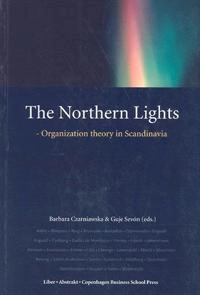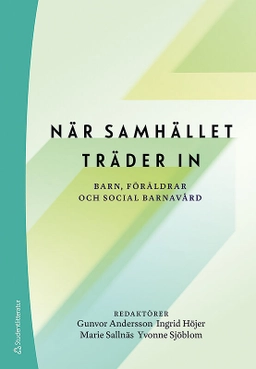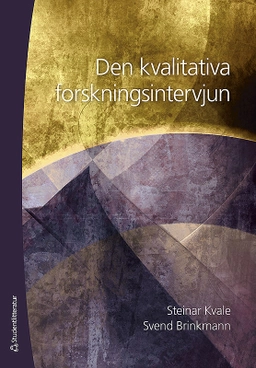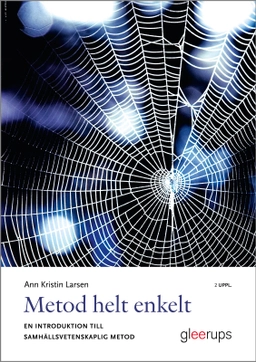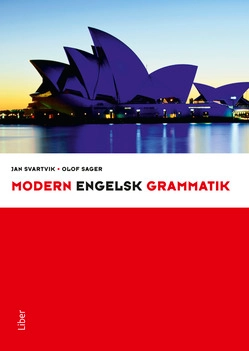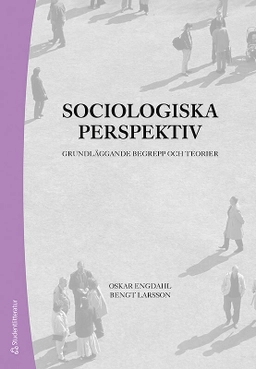This anthology contains samples of original Nordic research positioned against the general literature within a given theme in organization theory. The contributions originated in the five Nordic countries (Denmark, Finland, Iceland, Norway and Sweden) and are connected to their local context via their topics, approaches and writing styles. Each essay is a presentation of a much wider research tradition, and the interested readers can follow the references to many other publications in English. While the book is addressed primarily to undergraduate and graduate students of organizations, it is also intended as a voice in a transnational dialogue grounded in a locally embedded theorizing. The Nordic contribution to this dialogue is characterized by a deep interest in the practice of organizing, expressed in a great number of field studies. The approach taken is process-oriented (as opposed to structure-oriented). Opposing universalizing tendencies, the researchers are taking the embeddedness of the practices they study seriously. This focus does not make their interest parochial - indeed, connectedness is another typical trait in Nordic research.The authors are well versed in the North American tradition, albeit they treat it critically. They are very familiar with European developments and they have directed their curiosity to the remaining continents, especially Asia and Australia. This requires a great openness to their academic disciplines and a transdisciplinary character of organization theory, with its roots in economics and engineering, but also with strong links to sociology, psychology and anthropology. The afterword is written by James G. March.
Åtkomstkoder och digitalt tilläggsmaterial garanteras inte med begagnade böcker
